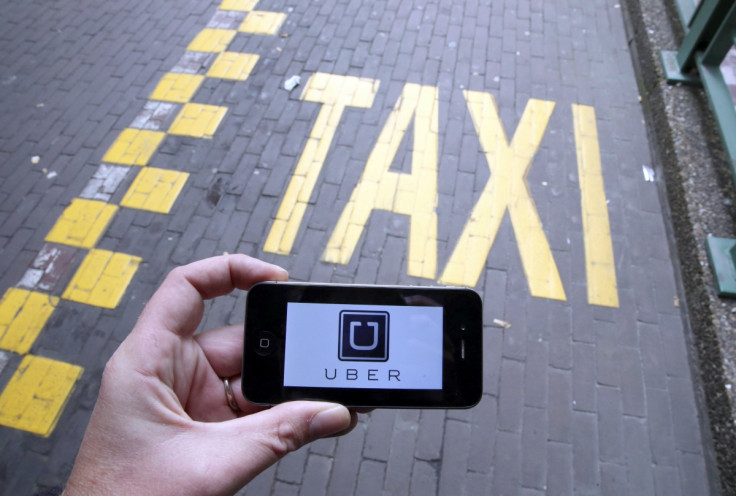Uber begins operations in Sri Lanka, to enter Pakistan in early 2016

Uber, in an effort to accelerate global growth and fend off competitors, is entering a new phase of expansion in South Asia. The American cab-hailing company will start offering its services in the region's megacities.
While Uber's services will be available from 9 December in the Sri Lankan capital of Colombo, in early 2016, it will start operations in Lahore, Pakistan's second most populous city.
The move to enter large markets that do not have a major local player or existing rivals will work in Uber's favour. It will help the company avoid expensive investment drives it had to undertake in China and India, where it has been trying to catch up with market leaders like Didi Kuaidi and Ola, according to The Financial Times.
Uber has launched its services in 70 Asian cities over the last two years. However, in South Asia, it has focused only on India, with operations in 25 locations, making it the largest market by cities outside the US.
Varun Mundkur, a member of Uber's regional launch team said, "We have India and now Sri Lanka, and we will soon be live in Lahore. We are seeing potential in many other adjacent countries [to India], so in time we will be exploring opportunities there as well."
Cities such as Karachi in Pakistan, Dhaka in Bangladesh, Kathmandu in Nepal and Yangon in Myanmar are similar to India in terms of demographic and economic profiles, hence they could be potential locations for the California-headquartered company to launch its services going forward.
Analyst views
Analysts opine that the move comes at a time of increased scrutiny of so-called unicorn technology companies with valuations higher than $1bn (£663m) and would reassure investors about Uber's growth. Jaspal Singh, an India-based analyst at transport consultants Valoriser said, "To justify more funding and higher valuations they need to increase their users, and all these megacities in South Asia have huge populations and virtually no public transport, so the potential is huge"
Uber's India experience would have given the company an insight into the work environment of Bangladesh or Pakistan, but these countries would not be as easy to operate as nations like Singapore. There are bound to be complications, Singh added.
© Copyright IBTimes 2024. All rights reserved.





